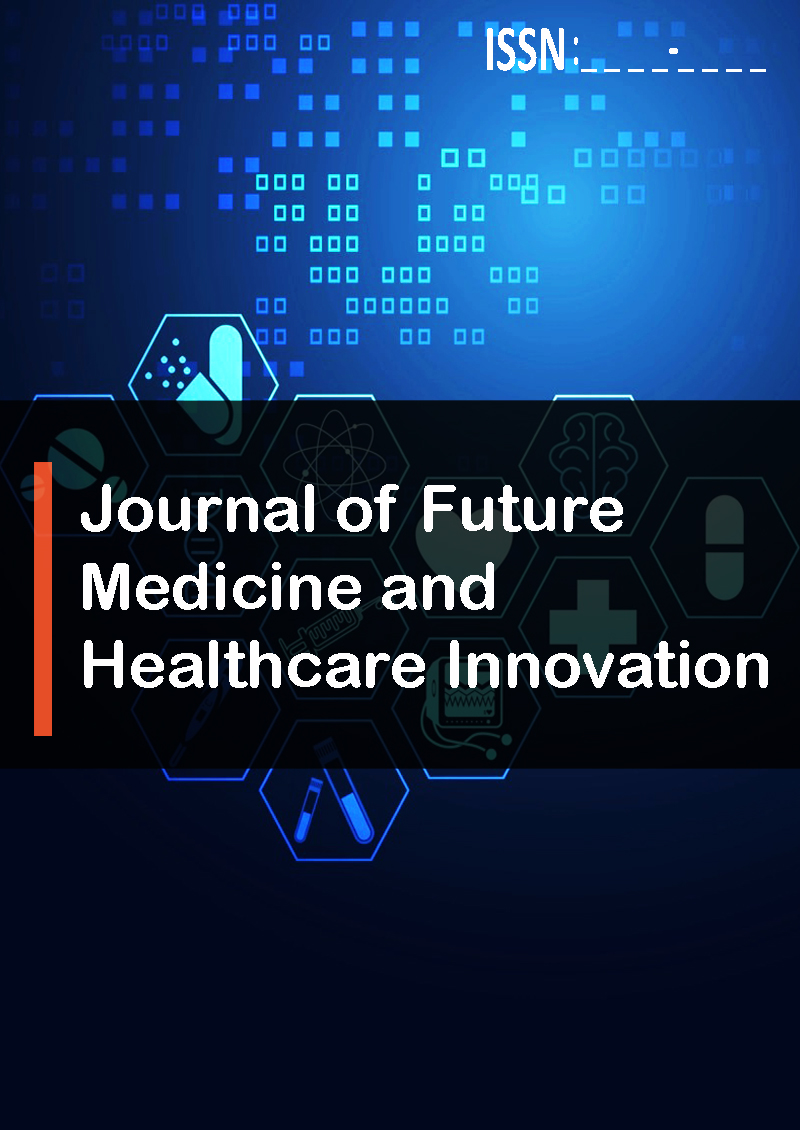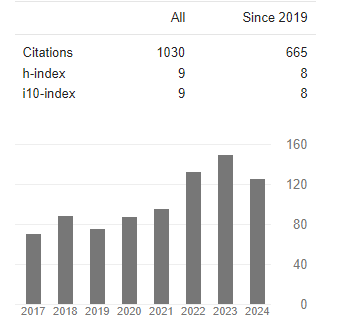COVID-19, Climate Change Denial and the Evolving Politics of Gender
Abstract
Kailee Atkinson and Dork Sahagian
The increasing role of women in leadership roles may be both a cause and effect of public attitudes toward health and science in general. Recent politicization of science amidst increasing polarization of American politics juxtaposed with examples of female leadership (Fleadership) throughout the U.S (and abroad) begs the question of how gender impacts health crisis response decision-making in light of political associations. Here, we investigate at the U.S. state level, female gubernatorial leadership, presidential (and VP) voting patterns in 2016 and 2020, climate denial, juxtaposed against COVID-19/100k rates measured in November 2020 and again in January 2021. Our findings demonstrate strong correlations between high COVID- 19/100k, climate denial, low vaccination rates, and the 2016 and 2020 presidential votes for exclusively male candidates. Americans who embraced federal Fleadership in 2016 and again in 2020 were less likely to deny climate change and spread COVID-19. However, this has also been closely aligned with political partisanship. Fleadership had historically been mostly limited to Democratic slates, but with more Fleadership nationally, the gender-party bias is weakening. Our results suggest that rather than Fleadership inspiring responsible COVID-19 preventative behavior at state or national levels, or leading to better understanding of climate change, the populations who previously tended to elect females, also understand science more than those who did not. This further relates to the public acceptance of COVID-19 vaccines at the state level. The states with greater COVID-19 incidence and climate denial, also have the least fraction vaccinated, leading to a predictable positive feedback. The state-wide variability in acceptance of the COVID-19 vaccines aligns with the correlations between climate change denial, COVID-19 infections, and Fleadership. These statistics highlight the connections between climate, public health, and the lack of public understanding of science, and thus the importance of science education at all levels throughout the population. The absence of effective climate policy on a national level may in part reflect the tensions between populations with contrasting science education and resulting actions.
“When you believe in things that you don’t understand, then you suffer. Superstition ain’t the way!” Stevie Wonder, 1972.




